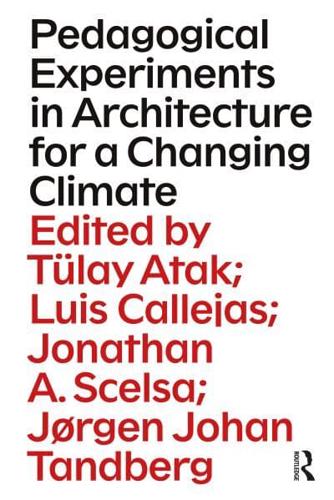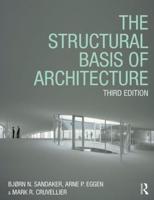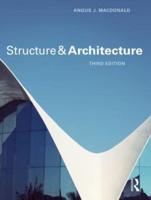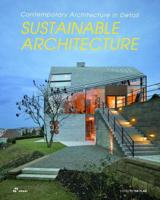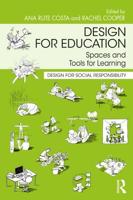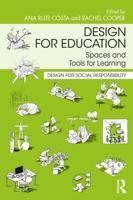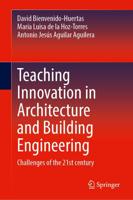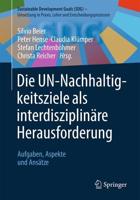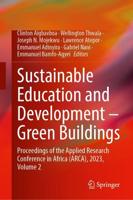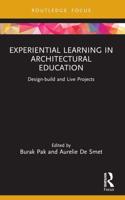Publisher's Synopsis
This book presents a series of pedagogical experiments translating climate science, environmental humanities, material research, ecological practices into the architectural curriculum.
Balancing the science and humanities, it exposes recent pedagogical experiments from renown educators, while also interrogating a designer's agency between science and speculation in the face of climate uncertainty. The teaching experiments are presented across four sections: Abstraction, Organization, Building, and Narrative, exposing core parts of an architect's education and how educators can simultaneously provide fundamental skills and constructive literacy while instigating environmental sensibilities. Chapters cover issues such as an unstable hydrosphere, water infrastructure, remediating materials, methods of disassembly and adaptive reuse, as well as constructing new aesthetic categories of climate change, and implementing oral histories of construction, among many others.
Written and edited by expert design educators actively engaged in experimenting in new forms of pedagogy, this book will be of great use to architecture instructors at all levels looking to renew their teaching practices to more directly address the climate emergency. It will also appeal to those academics across the built environment interested in the ways design can affect and adapt to climate change.
